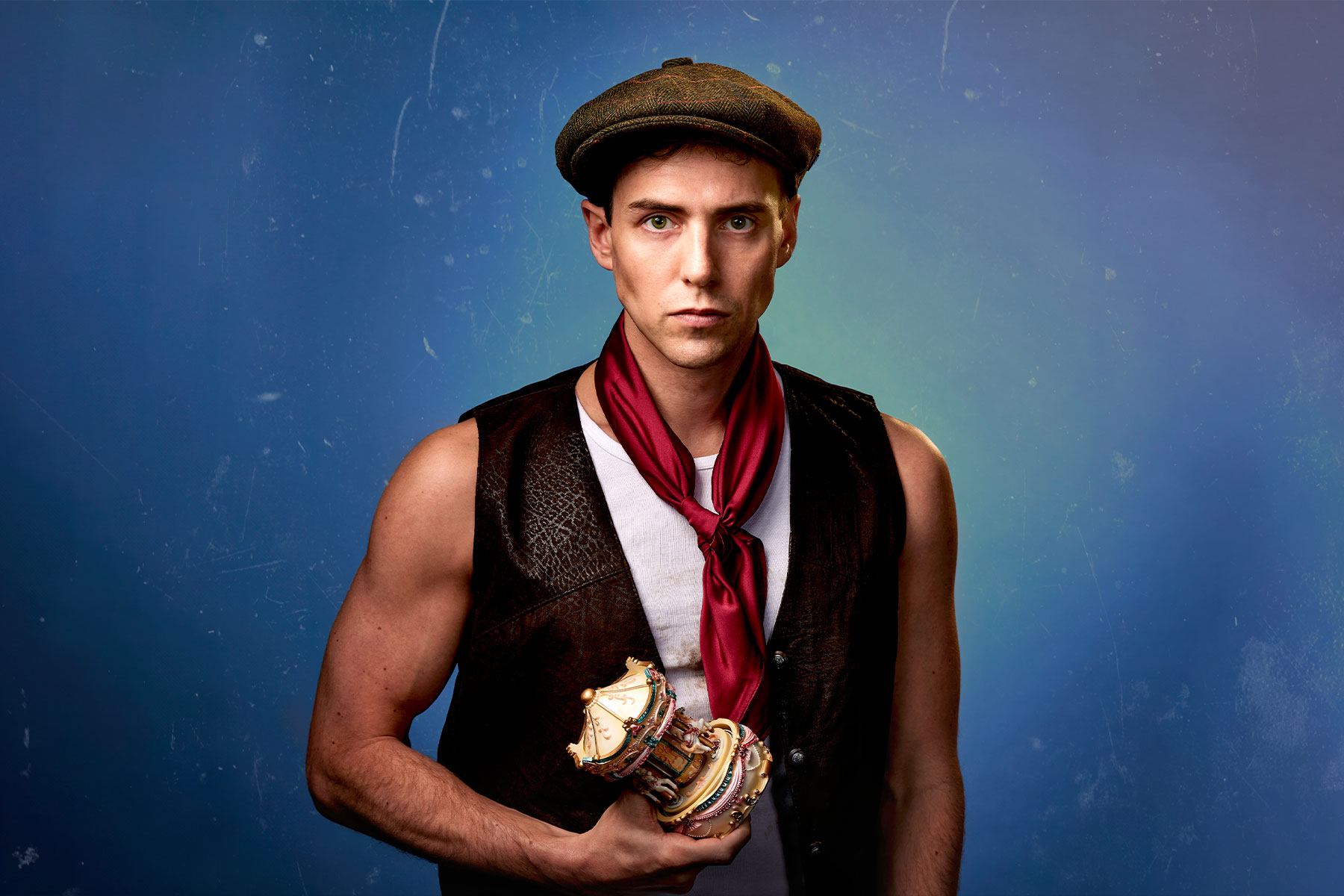Blood Wedding (Oxford Playhouse)
The story told in Lorca’s Blood Wedding is a deceptively simple one. Boy meets girl. They break up, girl gets engaged to another man and gets married. And then the caca hits the fan.
The fundamental themes are, perhaps, common to the human experience, but the setting of revenge and blood and murder are not: the underlying violence (highlighted by David Long‘s deceptively simple lighting) and tortuous relationships are intimidatingly alien to modern British culture, and consequently have to be delivered with care if they are not to inadvertently cause awkward laughter in the audience. Fortunately, for the most part, director Alice Evans manages to steer her cast around the traps in Gwynne Edward‘s translation of this dated Spanish classic. Unfortunately, this means that the prose has to be down-played, with evocative lines thrown away, consequently weakening the central conceit of the piece.
The main character – The Bridegroom’s Mother (Donna Doubtfire) – holds the play together, acting both as a cultural compass and as a narrator, and Doubtfire’s skilful performance weaves together the expositional lines and the required emotional sensibilities to portray a properly tortured soul and the centre of the emotional maelstrom. The only named character – Leonardo – is forcefully portrayed by James Reilly, but sadly the central relationship between him, The Bridegroom (Craig Finlay) and The Bride (Mica Forrest) is curiously sterile and devoid of the passion that is supposed to provide the impetus to drive the story towards its historically inevitable conclusion.
There are some delightful performances in the chorus: Jessica Welch and Monica Nash‘s young village girls stand out as isolated innocents taking simple pleasure from life, and the singing was a high point in the evening’s performance. Layla Al-Katib‘s servant was deliciously snippy and loyal and slightly vindictive at turns, and I would have loved to see more of that character.
Director Alice Evans emphasises the importance of the choreography and movement, the music, the set and the costumes, and all four elements show great imagination and talent. Vince Haig‘s wonderfully evocative and flexible set renders a number of scenes with minimal transformation (the forest is quite breathtaking), whilst Charlotte Evans‘ choreography is passionate and committed, and equal to anything I have seen on the Playhouse stage.
– Mike Taylor










